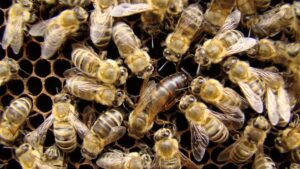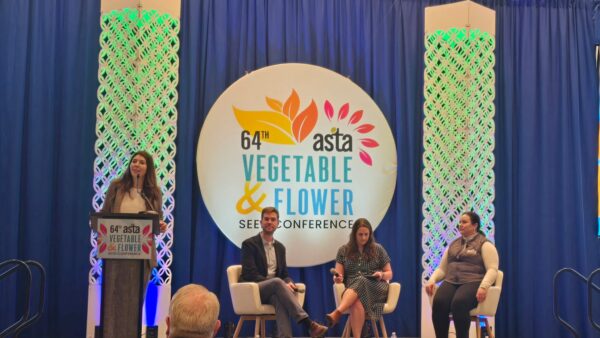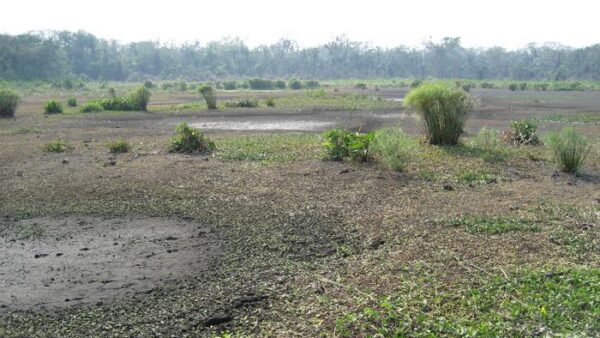
_x000D_
Bees and Crop Protection: How Both are Vital to Canadian Agriculture_x000D_
_x000D_

_x000D_
Given this interdependence, it’s important to ensure both bees and crop protection products are handled with best stewardship practices in mind. Honey bees are facing a variety of stressors that can negatively impact health — including pests, parasites and pathogens. Most scientists believe that colony losses are the result of multiple causes, with no single factor solely responsible. Some critics, however, contend that neonicotinoids — a class of insecticides — are a principle cause._x000D_
_x000D_
Bayer is a major supplier of neonicotinoid seed treatment products. We also are the largest provider of hybrid canola seed and user of pollinator services in Canada and, therefore, have a critical interest in the health of bee colonies._x000D_
_x000D_
Neonicotinoid seed treatments have replaced older insecticides because of their effectiveness in managing destructive pests, safety to applicators and relatively favourable environmental profile. Modern seed treatments provide a high level of precision, with less than one per cent of a given area treated as compared to a broadcast spray application._x000D_
_x000D_
Through our ongoing stewardship program, Bayer strives to make our products easy to apply and safe to use. These stewardship measures have been developed and implemented in close co-operation with many stakeholders to continuously improve the proper use of our technologies. This collaborative spirit is at the core of our Bayer Bee Care Program, and we are actively pursuing bee health initiatives by:_x000D_
• Encouraging growers to communicate with beekeepers and adopt measures to reduce potential risks to bees during planting as part of our CARE initiative;_x000D_
• Working with CropLife Canada and key stakeholders to implement best management practices for seed treatment applications and post-emergent use of insecticides;_x000D_
• Establishing a sentinel hive study to track the long-term health of commercial honey bee colonies in Ontario;_x000D_
• Leading the development of a Corn Dust Research Consortium to fund independent research and develop best management practices for corn production that mitigate risks to bees;_x000D_
• Evaluating an improved fluency agent with growers on 25,000 acres of corn and soybeans this spring to reduce potential dust associated with seeding; and_x000D_
• Building a dedicated North America Bee Care Center for research, collaboration and education regarding bee health._x000D_
_x000D_
Bayer is looking forward to continuing its research efforts to promote sustainable agriculture and protect honey bees. We are also committed to working with growers and beekeepers to ensure the success of Canada’s agricultural production, and hope to continue this important collaboration._x000D_
_x000D_
Murray Belyk, Manager of Scientific Affairs, Bayer CropScience Inc.











